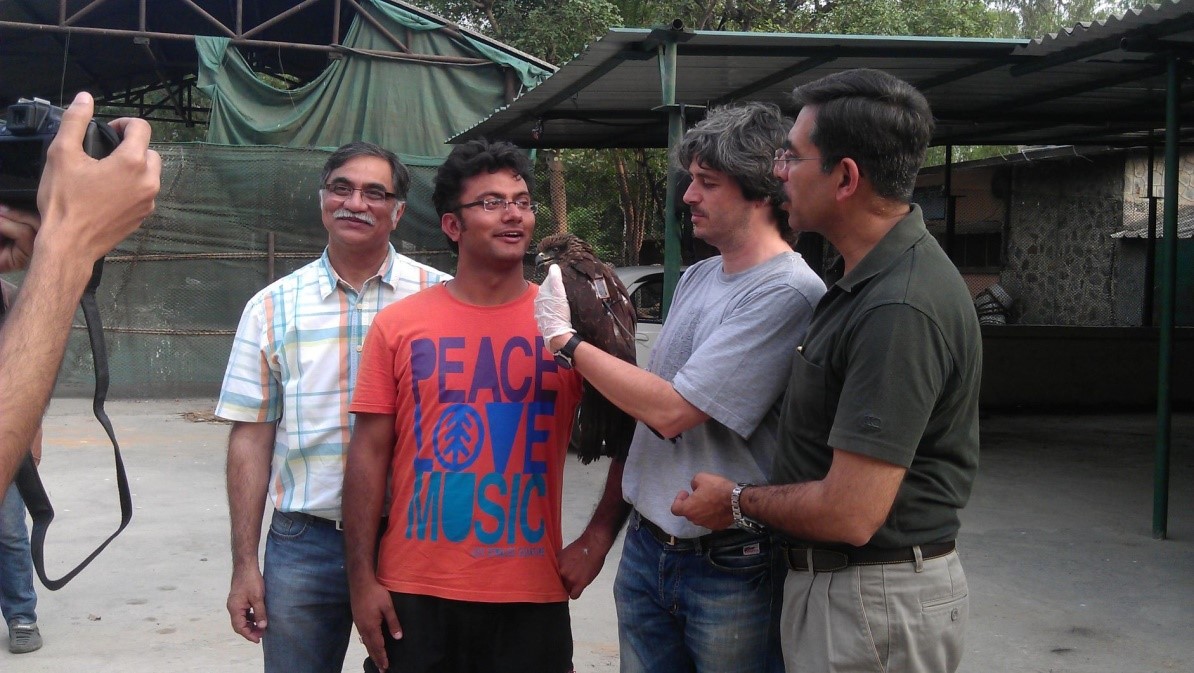
New Policy Coming for Scientific Social Responsibility
- News
- 2.1K
India is going to be possibly the first country in the world to implement a Scientific Social Responsibility (SSR) Policy on the lines of Corporate Social Responsibility (CSR) to encourage S&T institutions and individual scientists in the country to proactively engage in science outreach activities to connect science with the society.
The policy aims to harness the latent potential of the scientific community for strengthening linkages between science and society, and for making S&T ecosystem vibrant. It is aimed at developing a mechanism for ensuring access to scientific knowledge, transferring benefits of science to meet societal needs, promoting collaborations to identify problems and develop solutions.
A draft of the new has been made available by the Department of Science and Technology on its website for public comments.
This draft policy builds upon traditions of earlier policies (Scientific Policy Resolution 1958, Technology Policy Statement 1983, Science and Technology Policy 2003 and Science Technology and Innovation Policy 2013) while proposing more pragmatic provisions to make institutions and individual scientists socially responsible.
Under the proposed policy, individual scientists or knowledge workers will be required to devote at least 10 person-days of SSR per year for exchanging scientific knowledge to society. It also recognizes the need to provide incentives for outreach activities with necessary budgetary support.
It has also been proposed to give credit to knowledge workers/scientists for individual SSR activities in their annual performance appraisal and evaluation. No institution would be allowed to outsource or sub-contract their SSR activities and projects.
When most research is being done by using taxpayers’ money, the scientific establishment has an ethical obligation of “giving back” to society. “SSR is not only about the scientific impact upon society but also about the social impact on science. SSR would, therefore, strengthen the knowledge ecosystem and bring efficiencies in harnessing science for the benefit of society”, says the draft policy.
The draft defines SSR as “the ethical obligation of knowledge workers in all fields of science and technology to voluntarily contribute their knowledge and resources to the widest spectrum of stakeholders in society, in a spirit of service and conscious reciprocity”.
A central agency will be established at DST to implement the SSR. Other ministries would also be encouraged to make their own plans to implement SSR as per their mandate.
For the implementation of the policy, a national portal will be developed up to capture societal needs requiring scientific interventions and as a platform for implementers and for reporting SSR activities. (ISW)
Abhay S.D. Rajput
If you liked this article, then please subscribe to our YouTube Channel for the latest Science & Tech news. You can also find us on Twitter & Facebook.


